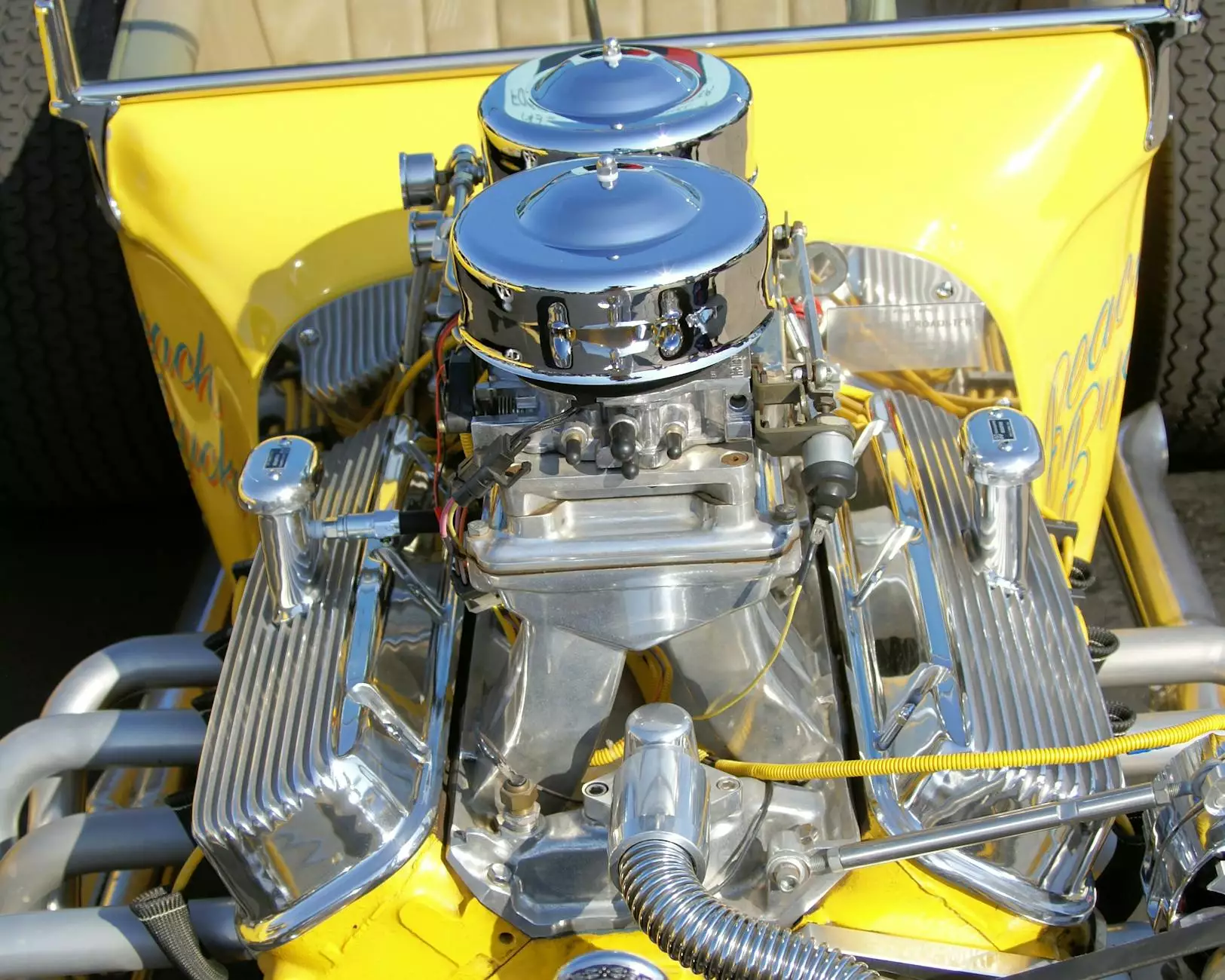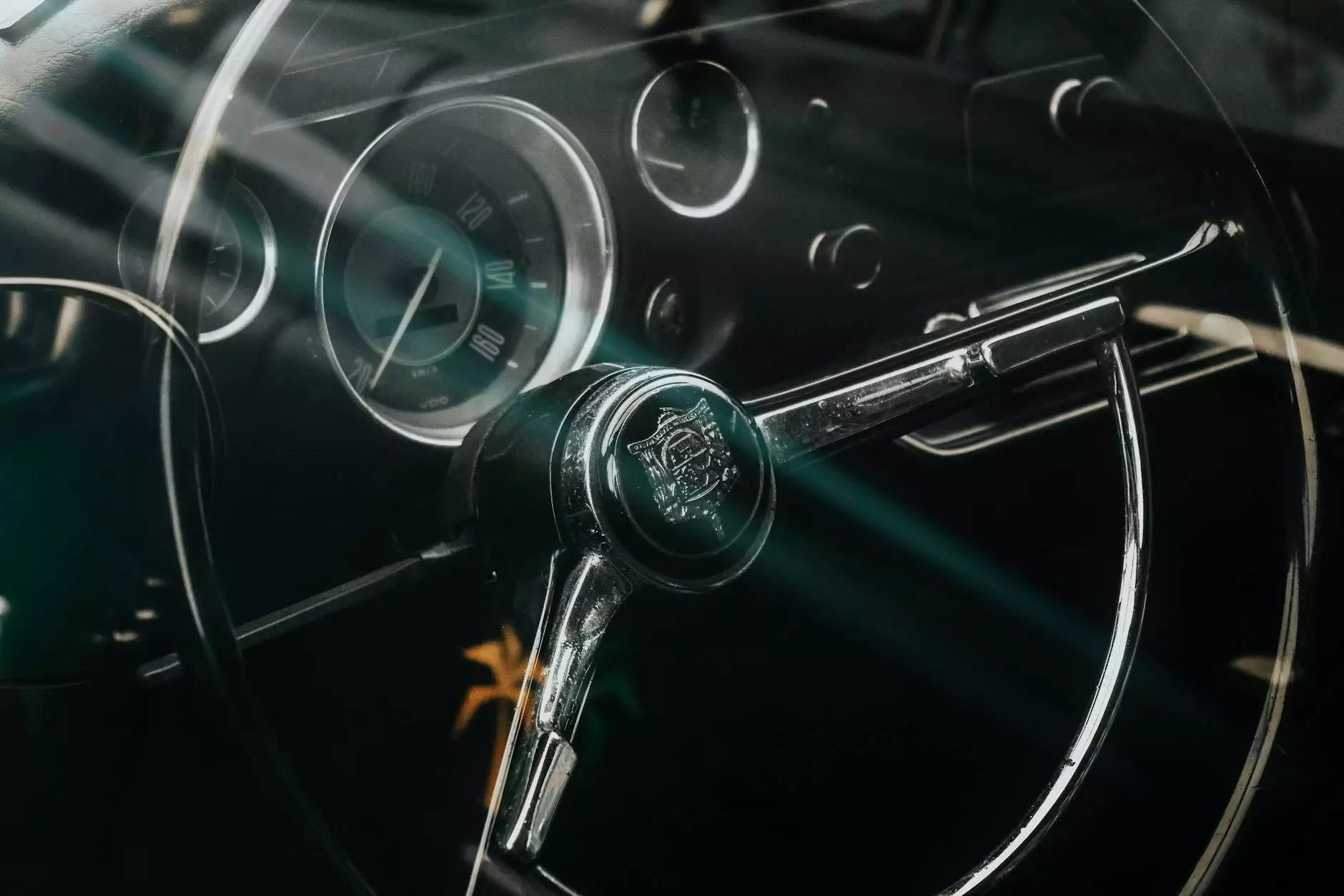Understanding the Importance of Valve Diesel Engines

The valve diesel engine represents a significant evolution in diesel technology, combining efficiency with unparalleled performance. This article delves deep into the functionality, components, and advantages of valve diesel engines, establishing their role as a cornerstone in modern machinery.
What is a Valve Diesel Engine?
A valve diesel engine is a type of internal combustion engine that uses valves to control the flow of air and fuel into the engine's combustion chamber. This sophisticated mechanism ensures precise timing and efficiency, optimizing the engine's overall performance. In essence, valves serve as the gatekeepers, allowing the right mixture of air and fuel to enter and exhaust gases to exit.
Key Components of a Valve Diesel Engine
Understanding the components is vital to appreciate the functionality of a valve diesel engine. Here’s a breakdown of the key parts:
- Valves: These are critical components that regulate airflow. An engine typically has an intake valve and an exhaust valve.
- Cylinder Head: Houses the valves and is essential for combustion. It plays a critical role in heat transfer and engine cooling.
- Piston: Converts the gas pressure created during combustion into mechanical energy.
- Crankshaft: It receives the mechanical energy from the piston and converts it into rotational motion.
- Fuel Injection System: Delivers precise amounts of diesel fuel directly into the combustion chamber at high pressures.
- Cooling System: Maintains optimal engine temperature, preventing overheating and ensuring efficient performance.
The Functionality of Valve Diesel Engines
The operational principle of a valve diesel engine revolves around the synchronization of valves, which open and close at specific intervals during the engine cycle. Here's a step-by-step breakdown of how it works:
1. Intake Stroke
During the intake stroke, the intake valve opens, and the piston moves down, creating a vacuum that draws in an air-fuel mixture. The quality and composition of this mixture are crucial for optimizing the combustion process.
2. Compression Stroke
Once the piston moves back up, the intake valve closes, sealing the combustion chamber. The air-fuel mixture is then compressed to a fraction of its original volume, which significantly increases temperature and pressure.
3. Power Stroke
Upon reaching the top of the compression stroke, diesel fuel is injected directly into the chamber. The high temperature ignites the fuel, creating an explosive force that drives the piston down, producing power.
4. Exhaust Stroke
Finally, as the piston moves back up, the exhaust valve opens to expel the burned gases, making way for the next cycle. This cycle repeats, creating a continuous loop of power generation.
Benefits of Valve Diesel Engines
Valve diesel engines offer multiple benefits, making them a preferred choice in various applications:
- Fuel Efficiency: They are designed to optimize the air-fuel mixture, leading to improved fuel economy.
- Power Output: The ability to compress air to higher levels generates greater power compared to gasoline engines.
- Durability: Diesel engines are built to withstand higher temperatures and pressures, leading to a longer lifespan.
- Lower Emissions: Advances in valve technology and fuel injection result in reduced emissions compared to older models.
- Versatility: Valve diesel engines are used in various sectors, including automotive, marine, and industrial applications.
Common Applications of Valve Diesel Engines
Valve diesel engines are prevalent in numerous industries. Here are some key applications:
1. Automotive Industry
*Passenger Vehicles:* Many vehicles utilize valve diesel engines for their excellent torque and fuel efficiency, making them suitable for city driving and long hauls.
2. Agriculture
*Tractors and Equipment:* Diesel engines provide the necessary power for heavy-duty agricultural equipment, enhancing productivity on farms.
3. Marine Applications
*Shipping and Fishing Vessels:* The reliability and fuel efficiency of valve diesel engines make them ideal for marine transport.
4. Industrial Equipment
*Generators and Heavy Machinery:* They power various industrial machinery, providing the strength needed for manufacturing and construction processes.
Maintenance of Valve Diesel Engines
Proper maintenance is key to ensuring longevity and performance in valve diesel engines. Here are essential maintenance tips:
- Regular Oil Changes: Changing the engine oil at recommended intervals keeps components lubricated and reduces wear.
- Monitor Fuel Quality: Using high-quality diesel fuel prevents contamination and enhances injector life.
- Check Cooling System: Ensure that the cooling system is functioning efficiently to prevent overheating.
- Inspect Valves: Regular inspections can prevent valve-related issues, ensuring optimal performance.
- Service Air Filters: Clean or replace air filters to promote adequate airflow and efficiency.
The Future of Valve Diesel Engines
As technology advances, the evolution of valve diesel engines continues. Innovations in valve technology promise to further enhance efficiency and reduce emissions, aligning with global environmental goals.
1. Turbocharging and Intercooling
Integrating turbochargers and intercoolers boosts efficiency, enabling smaller engines to produce more power while reducing fuel consumption.
2. Advanced Fuel Injection Systems
Next-generation injection systems enable more precise control of fuel delivery, improving combustion efficiency and reducing emissions.
3. Hybrid and Electric Integration
With the rise of hybrid technology, future diesel engines may leverage electric drive systems to augment performance while maintaining the benefits of diesel.
Conclusion
In summary, the valve diesel engine is an exceptional blend of engineering prowess and technological innovation. Its impact extends across industries—supporting automotive, agriculture, marine, and industrial sectors. Understanding the intricate details of its operation, benefits, and maintenance not only helps users harness its potential but also positions businesses like client-diesel.com at the forefront of the diesel engine market.
Embracing advancements in diesel engine technology ensures future competitiveness and sustainability. By investing in high-quality parts and prioritizing maintenance, operators can enjoy the unmatched power and efficiency that valve diesel engines provide for years to come.









